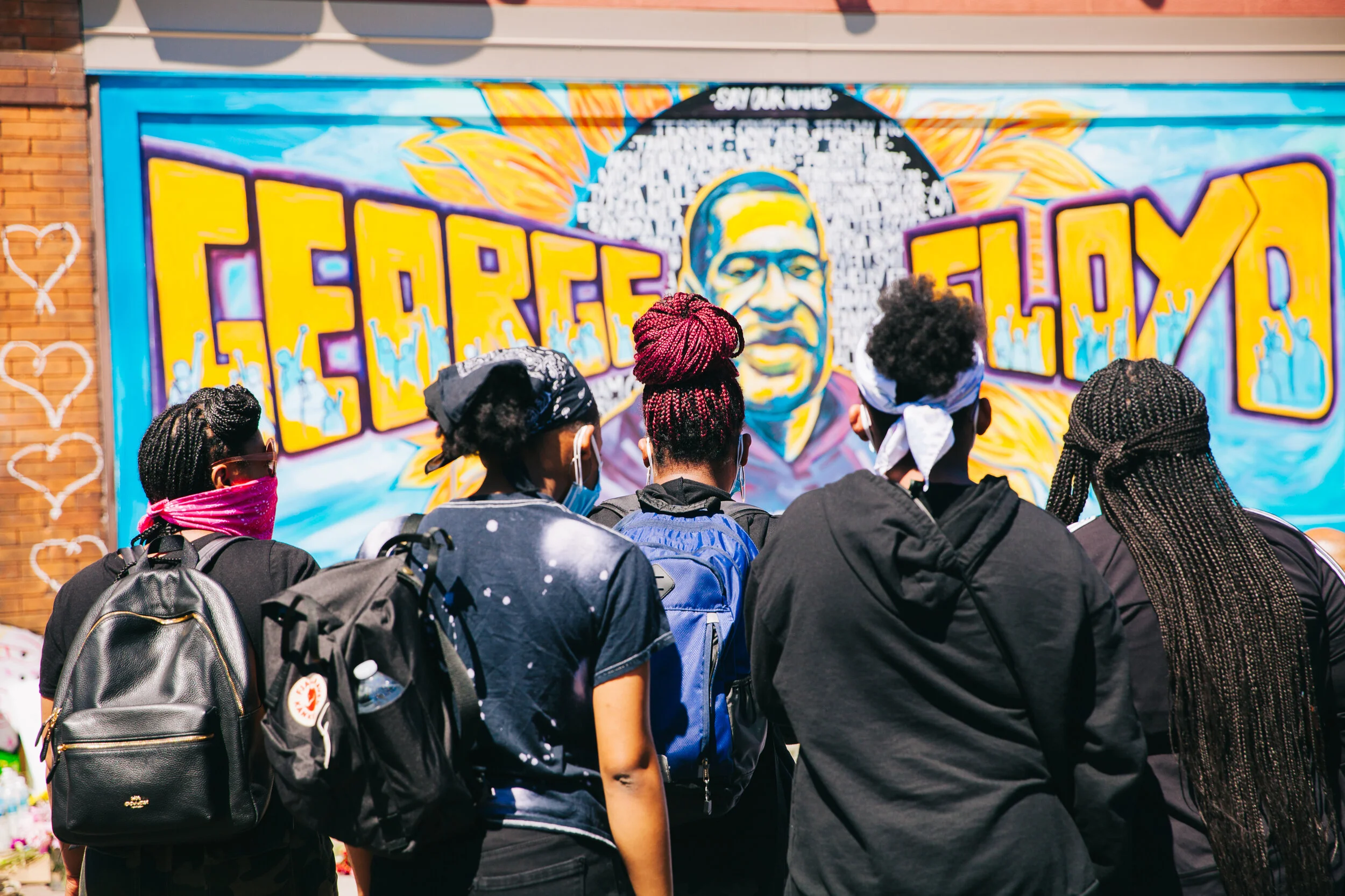Toward Liberation: A Staunch Social Justice Funder Puts Women of Color Up Front
/Photo: courtesy of Groundswell
We hear a lot about the lack of diversity in philanthropy’s upper leadership, and also about the lack of support to organizations headed by women and people of color. Well, here’s one funder that’s actually walking the walk. Building on its initial focus, reproductive justice, Groundswell Fund has expanded to support broader movement building by women of color, low-income women and LGBTQ people.
Groundswell was founded in 2003 as a $300,000 pooled fund at Tides, seeded by several donors frustrated by faltering investments in reproductive justice. Since then, it has become a key grantmaker in this space. Groundswell says it has given $32 million to fund the reproductive justice movement. Across all of its programs, Groundswell is awarding $7.4 million this year.
In addition to its growth as a funder, Groundswell stands out in a number of ways. For one thing, its staff and board of directors are predominantly women of color, and women of color occupy the top spots. For another, all of its grantees engage in grassroots organizing—hence the name.
Executive Director Vanessa Daniel, who’s been with Groundswell since 2005, is a vocal proponent of the need to address systemic inequality head-on, including in the polite and politically correct world of philanthropy. And she feels that with Trump's rise, the bottom-up approach long favored by Groundswell has become more important than ever. As Daniel told me, “after the [2016] election, we had a soul-searching conversation about what’s needed in this moment. We believe that social change comes from large-scale grassroots organizing led by the people that are most impacted.”
With Trump in office, that line of thinking is gaining traction as progressive funders play defense and look to boost a range of local activists leading the resistance. At CHANGE Philanthropy’s Unity Summit, which just convened in New Orleans, Daniel joined other social justice funders to discuss “the largest grassroots movement organizing opportunity for a more just society, for decades to come.” In New Orleans, Groundswell also received the National Committee For Responsive Philanthropy’s “Smashing Silos” Impact Award, highlighting its willingness to “fund wherever the potential for social change exists,” as Daniel put it.
Related:
- Beyond Buzzwords: In Stressful Times, These Funders See Hope in Intersectionality
- Heft or Hype: How Much Do Women Leaders in Philanthropy Really Matter?
- In Troubled Times, Here Are Four Funders Standing With Vulnerable Communities
This year, Groundswell is looking to make good on its silo-smashing reputation with a new Liberation Fund. Set to disburse $500,000 by the end of the year, the Liberation Fund will support grassroots social justice initiatives led by women and transgender people of color. Grantees will be announced late fall or early winter.
In the era of Trump, Daniel said, “women of color and trans people of color have something to teach America about how to fight.” She continued, “These groups have never had the luxury to work in a single-issue way.” Groundswell engaged 16 prominent women and transgender people of color to advise the Liberation Fund, including figures like Ai-Jen Poo of the National Domestic Workers Alliance and Alicia Garza of Black Lives Matter. The intention is to empower leaders who, by virtue of their identities, cannot treat “intersectionality” as a buzzword. Groundswell is also rolling out a 501(c)(4) component to partner with movement leaders in the political sphere.
As we’ve seen, progressive philanthropy is willing to embrace movement building and intersectional approaches, at least to a degree. But Daniel still sees a long path ahead. “Philanthropy doesn’t like to fund grassroots organizing […] most of philanthropy funds via an elitist idea of social change, trickling down from fancy PR firms and think tanks.” Those organizations have their role, Daniel went on, as do national organizations. But “if we forget to fund organizing first and foremost, it’s like building a car without an engine."
Daniel’s strong stance comes from her belief that philanthropy should fund organizations that everyday people would like to be a part of. Grassroots organizations, in other words. She’d also like the field to come to direct terms with white supremacy as a form of systemic inequality that prevents communities of color from getting the support they need.
Since Donald Trump was elected, Groundswell has been raising its support for groups working on issues “under the most severe attack,” including abortion, immigrant rights and transgender issues. It’s also increased the volume of its funding, including for rapid responses.
The bigger picture, Daniel told me, is to grow the capacity of reproductive justice organizations as intersectional organizing hubs. Over the next several years, Groundswell will fund voter engagement strategies and activism on the local and state levels, as well as increase the amount of general operating support it provides.
Related:







































